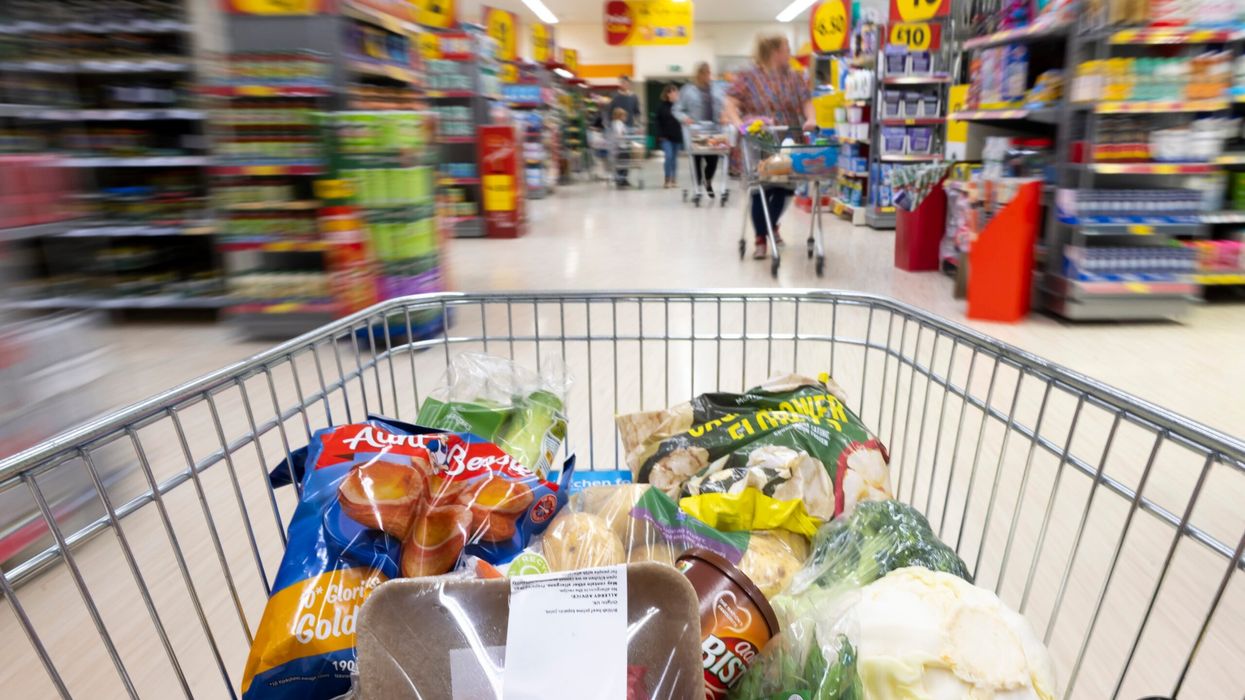THE UK’s annual inflation rate dropped more than expected in March, according to official figures released on Wednesday. The latest numbers come as US president Donald Trump’s new tariffs add to global economic uncertainty.
The Consumer Prices Index (CPI) stood at 2.6 per cent in March, down from 2.8 per cent in February, the Office for National Statistics (ONS) said. Analysts had expected a decline to 2.7 per cent. The rate was 3.0 per cent in January.
“Inflation eased again in March, driven by a variety of factors including falling fuel prices and unchanged food costs compared with the price rises we saw this time last year,” said ONS chief economist Grant Fitzner.
Chancellor Rachel Reeves welcomed the figures but said more work was needed.
“Inflation falling for two months in a row, wages growing faster than prices and positive growth figures are encouraging signs that our plan for change is working, but there is more to be done,” Reeves said in a statement.
“I know many families are still struggling with the cost of living and this is an anxious time because of a changing world,” she added. Labour returned to power nine months ago.
On Friday, official data showed that the UK economy had grown more than expected in February.
However, analysts have warned that the 10 per cent tariff on British exports to the United States could weigh on future growth.
Inflation is expected to rise again due to increases in UK energy and water bills that took effect this month.
“The dip in CPI inflation... won’t be sustained for long, with inflation set to rise to around 3.5 per cent in the coming months,” said Ruth Gregory, deputy chief UK economist at Capital Economics.
At the same time, falling global oil prices could lead to lower inflation in the longer term.
Martin Sartorius, principal economist at the Confederation of British Industry (CBI), said “the introduction of higher US tariffs adds some uncertainty to the outlook, as they could put both upward and downward pressure on inflation in the UK”.
Wednesday’s figures have strengthened expectations that the Bank of England will lower its key interest rate at its next policy meeting in May.
(With inputs from AFP)





